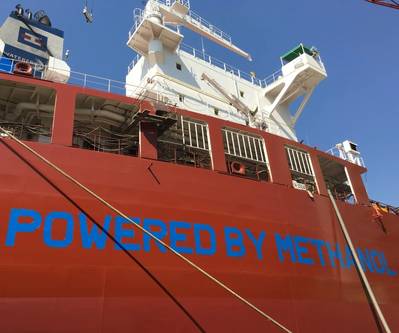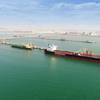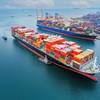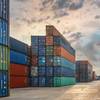Specialist Training Provider Joins the Methanol Institute
The Methanol Institute has welcomed multi-disciplinary methanol consultancy GREEN MARINE as its latest member. The Denmark-headquartered company has recently finalised a specialist training program for crew onboard methanol dual-fuel vessels.
A recent report commissioned by the Maritime Just Transition Task Force Secretariat predicts a rise in the number of seafarers needing training on alternative fuel technologies in the 2040s to between 310,000 and 750,000 people.
The curriculum, which can be delivered onboard, in a classroom or online, was developed to address the knowledge gaps between theoretical regulation and practical experience in the use of methanol as marine fuel.
“Our methanol specialists are captains and chief engineers with first-hand knowledge of working with Methanol as a fuel and how to ensure these dual fuel ships operate safely,” said Morten Jacobsen, CEO of GREEN MARINE. “Theoretical knowledge is little use in real life situations when you need to know what to do. We bridge that gap and provide practical knowledge to support crews in adopting this methanol dual fuel technology.”
GREEN MARINE’s Asia team is participating in the development of rules and standards for Methanol bunkering in Singapore, including taking part in a panel of experts to establish policy and training. Stakeholders include local regulators and academics, industry associations and classification societies, in addition to bunker operators.
In May, the Methanol Institute published the first comprehensive guide to methanol as a marine fuel.Sections of the report address regulatory drivers, environmental performance, engines and fuel systems, bunkering, handling and safety characteristics, costs and pricing, availability and feedstocks for conventional and renewable product. Also included are case studies on first movers including AP Moller-Maersk, Waterfront Shipping, Proman Stena Bulk and the conversion of ropax ferry Stena Germanica.
The orderbook for methanol fuelled ships has grown rapidly with owners and operators specifying the fuel for use for container ships, small pilot boats, methanol carriers, bunker tankers, bulk carriers, heavylift vessels, cruise ships, ferries and superyachts.













